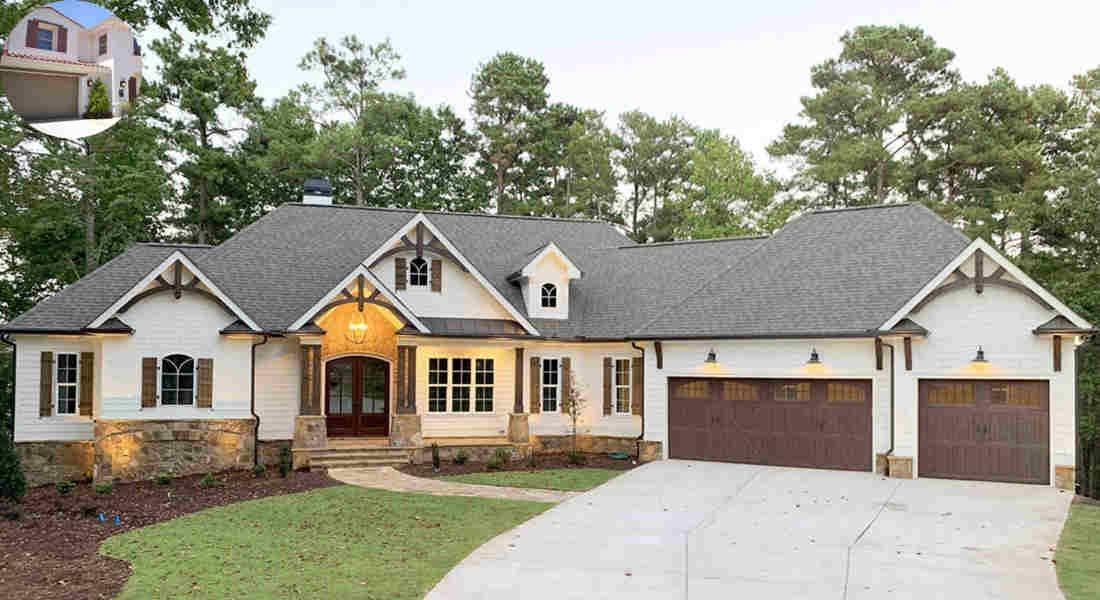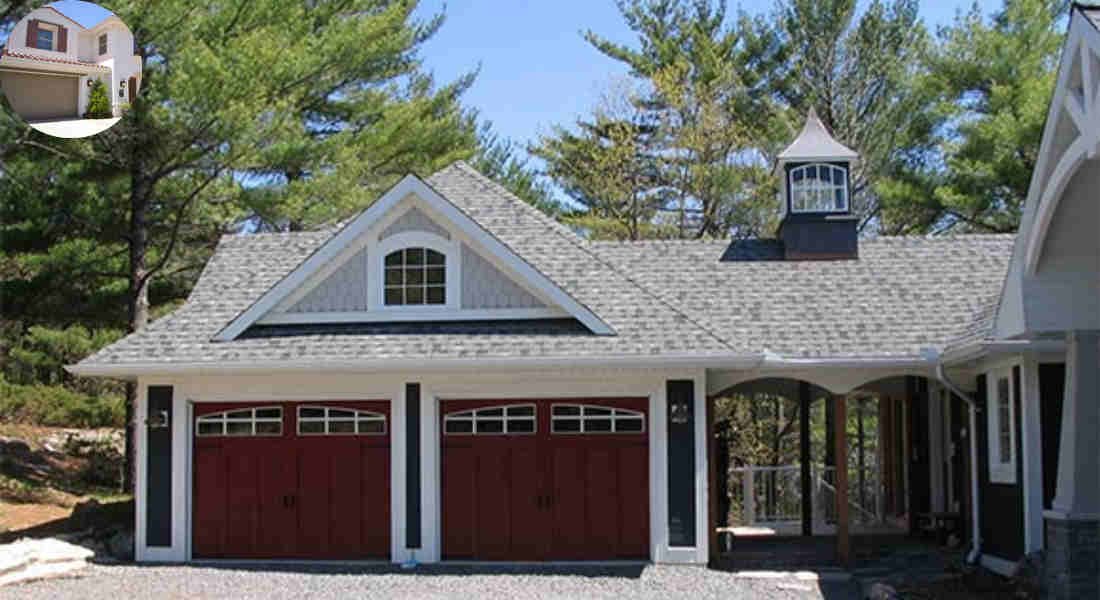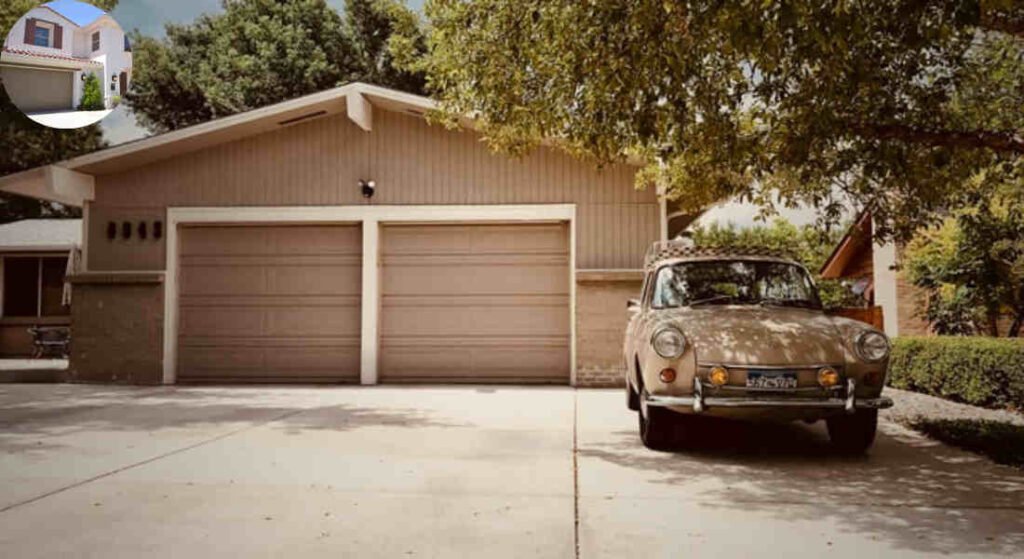When evaluating the size of a home, square footage is often a key factor buyers and sellers consider. But what exactly does that number represent? One common question that arises is whether the garage space is included in the total square footage of a house. Understanding how square footage is calculated—and whether the garage counts—can help you make more informed decisions in real estate, whether you’re buying, selling, or appraising a property. In this article, we’ll explore the standards and nuances behind house measurements and clarify the role of garage space in those calculations.
Understanding House Square Footage
House square footage refers to the total area of livable space within a home. This measurement typically includes all enclosed areas, such as bedrooms, living rooms, kitchens, and bathrooms.
Understanding square footage is vital for both buyers and sellers.Marketability and property value are influenced by it. A larger square footage often translates to higher prices in competitive markets.
Local regulations and standards can affect home measurements.Some regions may have specific guidelines about what constitutes livable space versus non-livable spaces like attics or basements.
Accurate measurements are crucial when comparing properties. Misunderstandings can lead to disputes or dissatisfaction after a purchase is made. Knowing how square footage is calculated equips homeowners with better insights into their investment choices.
What is Considered Part of the House Square Footage?
When calculating house square footage, various elements come into play. Typically, the primary living areas are included in this measurement. Bedrooms, bathrooms, kitchens, and living rooms are included in this category.These spaces contribute directly to the overall experience of a home.
Other finished areas like basements or attics can also count towards square footage if they meet specific criteria. They need proper access and adequate ceiling height to be considered livable space.
The key is that these spaces should enhance functionality and comfort within the home.
However, outdoor spaces like patios or balconies often fall outside standard calculations unless explicitly stated otherwise by local real estate practices. Understanding what counts helps homeowners present accurate listings while buyers gauge true value effectively.
You may also read (does a key safe really invalidate your house insurance).
The Confusion with Garage Space
Many homebuyers find themselves puzzled about whether garage space counts in the total square footage of a house. This confusion arises from varying interpretations and practices across different regions.
Some listings include garages, while others do not. This inconsistency can lead to misunderstandings regarding the actual living space available.
Some emphasize the importance of how a garage contributes to overall property value, while others focus solely on heated or livable areas.
This lack of standardization can make it challenging for buyers and sellers alike to gauge what they’re really getting. Understanding these nuances is crucial when navigating the housing market. It’s essential for both parties to clarify definitions early in any transaction.
Factors to Consider When Including Garage Space in House Square Footage
When considering whether to include garage space in house square footage, several factors come into play. First, the purpose of the garage matters. If it’s used as a living area or office, it may be more justifiable to count its square footage.
Next, local real estate regulations can influence this decision. Different regions have varying guidelines on what constitutes livable space. Knowing these rules can help homeowners make informed choices.
Including the garage might enhance perceived size and functionality.
Property appraisal standards often dictate how garages are treated in valuation processes. Understanding these nuances can aid both sellers and buyers in navigating their options effectively.
You may also read (does a new driveway really increase home value).
Implications for Homeowners and Buyers
Understanding whether garage space is included in a house’s square footage can have significant implications for both homeowners and buyers. For sellers, listing a property with inflated square footage may attract interest but could lead to trust issues later.
Buyers should be aware of what they’re getting. If the garage isn’t counted, they might feel misled about the property’s actual size. This discrepancy can affect their perception of value.
Homeowners planning renovations or expansions need clarity on square footage calculations to ensure compliance with local regulations. A misunderstanding here could result in costly mistakes down the line.
Knowing how these elements are classified helps both parties make informed decisions during negotiations and when setting realistic expectations regarding price and functionality.
The Importance of Clarifying Square Footage in Real Estate Transactions
When it comes to real estate transactions, clarity is key. Buyers and sellers alike rely on accurate square footage measurements to make informed decisions. Misunderstandings about what constitutes house square footage can lead to disputes, dissatisfaction, or even financial loss.
For homeowners looking to sell, providing precise details about the property—especially regarding garage space—is critical. This transparency helps avoid misunderstandings that could deter potential buyers. For those in the market for a new home, understanding exactly how much living space they’re getting (or not getting) allows them to evaluate if a property meets their needs.
Real estate agents also play an essential role in this process. They should ensure that listings are clear and include any relevant information regarding garage spaces. By doing so, they help create trust with clients while fostering smoother transactions.
Knowing whether or not a house’s square footage includes the garage can significantly influence buying choices and selling strategies alike. It’s always best when everyone involved has a shared understanding of these details right from the start.
You may also read (does leaving your garage door open really cool your house).

